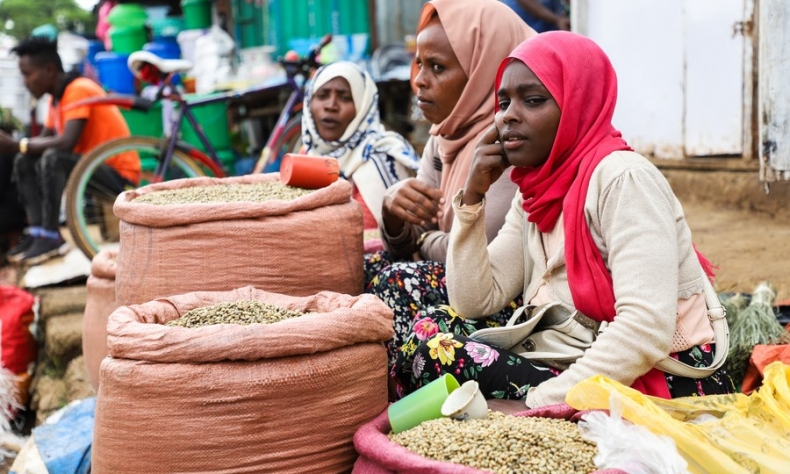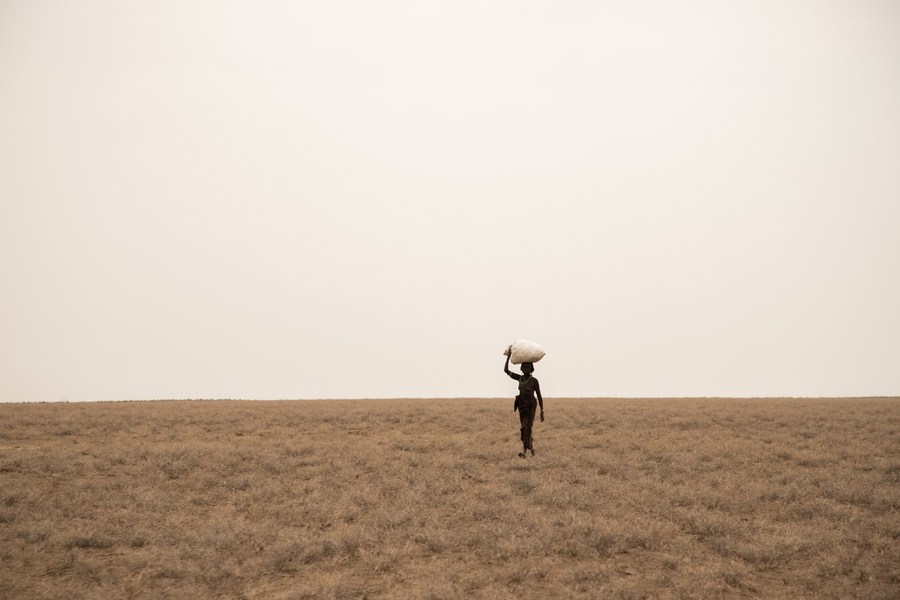Belt and Road Cooperation Boosts Ethiopia’s Agricultural Development

Against the backdrop of intensified global geopolitical competition and weak economic recovery, if Ethiopia can solve its food problem on its own, it will make a huge contribution to global food security.
Eliminating hunger, achieving food security, improving nutrition and promoting sustainable agriculture are important goals of the United Nations 2030 Agenda for Sustainable Development. Over the years, with the joint support of the governments of China and Ethiopia, agricultural experts, agricultural technicians and entrepreneurs have deepened the agricultural technology cooperation between China and Ethiopia, making important contributions to global food security, poverty reduction and sustainable agricultural development.
In order to improve Ethiopia’s maize production and respond to the Belt and Road Initiative (BRI), the Institute of Biotechnology and Food Science of Hebei Academy of Agriculture and Forestry Sciences, in conjunction with Hebei Universe Agriculture Science and Technology Co. and the Institute of Agricultural Resources and Regional Planning of the Chinese Academy of Agricultural Sciences, carried out a four-year project on science and technology assistance to developing countries. The project team conducted joint research and demonstrated drought-tolerant maize cultivation technology in Ethiopia in September 2020. The team brought a total of 40 maize varieties (hybrids) to Ethiopia, of which 6 varieties showed excellent performance in local adaptability and drought resistance, and were praised by local farmers and technicians. Among them, the Xuntian 608 variety increased production by 38.7 percent compared to the local variety JIBAT.
The achievements were reported by the official media of the Oromia region of Ethiopia. On 4 June 2024, top officials of Holeta, Oromia, attended the demonstration event, including Eshetu Bekele, town mayor, Kebede Shilashi, deputy mayor, Mesfin Dewit, director of financial management, and Assefa Birhanu, director of the Office of Technology Promotion and Vocational Education.

Chinese people believe that teaching one how to fish is better than giving the fish. By carrying out local technology demonstrations and sending senior agricultural experts, the project team shared agricultural production technology and management experience with Ethiopians, and improved the level of local agricultural development. Practice has proven that the introduction of Chinese corn varieties, agricultural technologies, and agricultural production models in Ethiopia can not only effectively help transform agricultural production methods, thus raising productivity and food security level, but also help Ethiopia cope with climate change and achieve sustainable agricultural development.
Talent is crucial for the development of agriculture. In the process of carrying out agricultural cooperation with Ethiopia, China shares its experience accumulated from long-term maize production with Ethiopia. As part of the project, the team held two agricultural technology training courses in Ethiopia for more than 100 participants, and invited five Ethiopian agricultural experts to China for training and exchange. In addition, the project team recommended Biru Alemu Chali, a researcher from Bio & Emerging Technology Institute, to Xishuangbanna Tropical Botanical Garden of Chinese Academy of Sciences for doctoral study, which expanded the channels of talent cultivation and exchange.
The implementation of the cooperation project has been applauded by government officials and farmers, and has greatly enhanced the friendship between the two countries. The project is a vivid embodiment of the strategic vision of the BRI.
At present, Ethiopia is in a critical period of improving agricultural development and achieving food security, and the China-Ethiopia agricultural science and technology cooperation is more important than ever. Against the backdrop of intensified global geopolitical competition and weak economic recovery, if Ethiopia can solve its food problem on its own, it will make a huge contribution to global food security. The low level of agricultural technology application is one of the key problems facing Ethiopia. By sharing agricultural technology and boosting agricultural scientific and technological innovation, this project will solve food security and reduce hunger in Ethiopia, which will contribute to efforts to achieve global food security and sustainable agricultural development.
 Facebook
Facebook
 Twitter
Twitter
 Linkedin
Linkedin
 Google +
Google +










